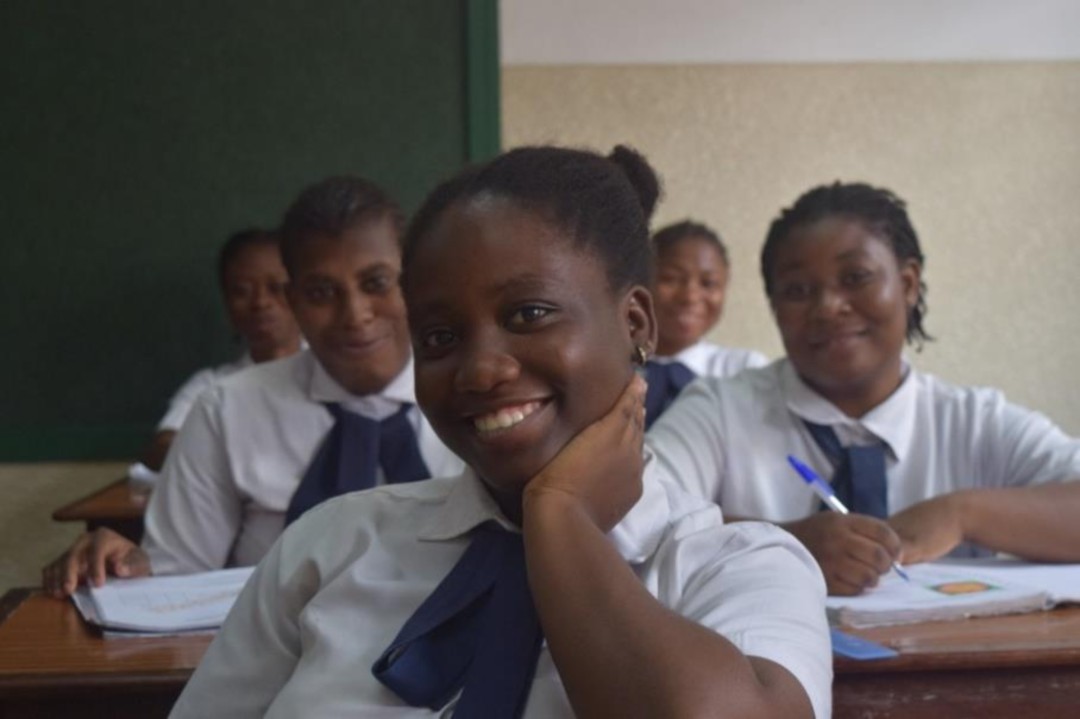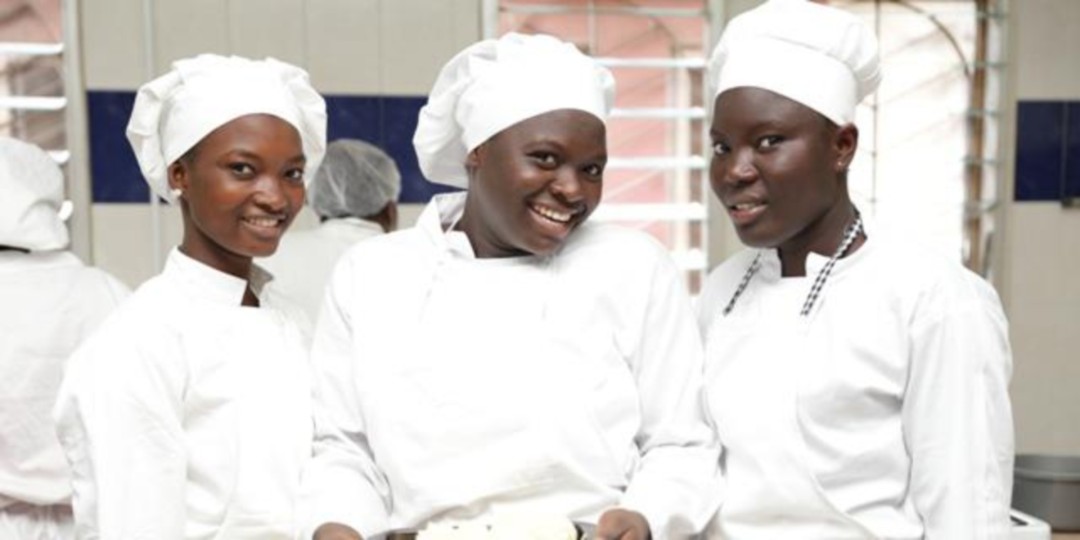Vocational training and mentorship for vulnerable young women
The project aims to equip, support and empower 30 marginalized young women (aged 16 to 25) through vocational training combined with mentoring so that each woman recognizes her value and achieves her potential. Specifically, the project will support 30 young women living in poverty through accredited vocational training in hospitality and industry in Yarani. In addition, 10 mentors from Yarani will be trained in the adaptation of the "EMPath mentoring methodology" to be better equipped to support their students. Each of the 30 young women will benefit from mentoring to help them get to know themselves, their worth, access support and improve their well-being. Finally, the project will also set up a leadership program for the scholarship holders to take part in social initiatives in their communities, with a focus on the environment.
Founded in 2012, WONDER is a UK based charity. Its mission is to empower women, girls and their communities through access to quality education so that they can transform their lives and exit poverty for good.
News
Type
EducationDuration
Arpil 2024 - March 2027Location
Abidjan / Cote d'IvoireWith whom
WONDER Foundation
Website
www.wonderfoundation.org.uk



Cote d'Ivoire
Population
24.3 million (2017)
Per Capita Income
USD 1'580/year ( 2017)
Poverty rate *
46% (2015)
Literacy rate
44% (2016)
Human Development Index
170th out of 189 countries (2018)
Côte d'Ivoire is one of the largest economies in the West African Economic and Monetary Union (WAEMU), accounting for close to 40% of the Union’s economic activity. Its development was affected by years of conflict, which led to an increase in the poverty rate from 40% in 2002 to 46% in 2015. However its impressive economic performance, with a
GDP growth rate of 8% in 2016, has resulted in a decrease in poverty. Insufficient investment in basic social services remains a challenge to child survival, in particular for children under-five (55 deaths per 1,000 live births in 2016). Public health expenditure rose from 1.7% 2011) to 5.4% of GDP (2015).
Sources: World Food Program, UNICEF, World Bank, 2016 Human Development Report, Human Development Indices and Indicators (2018 Statistical Update)
*The percentage of the population living below the national poverty line.